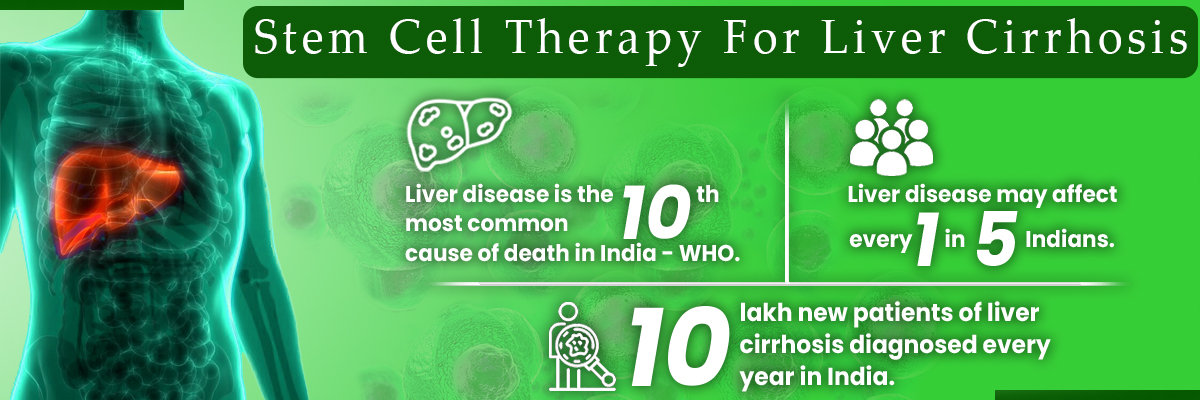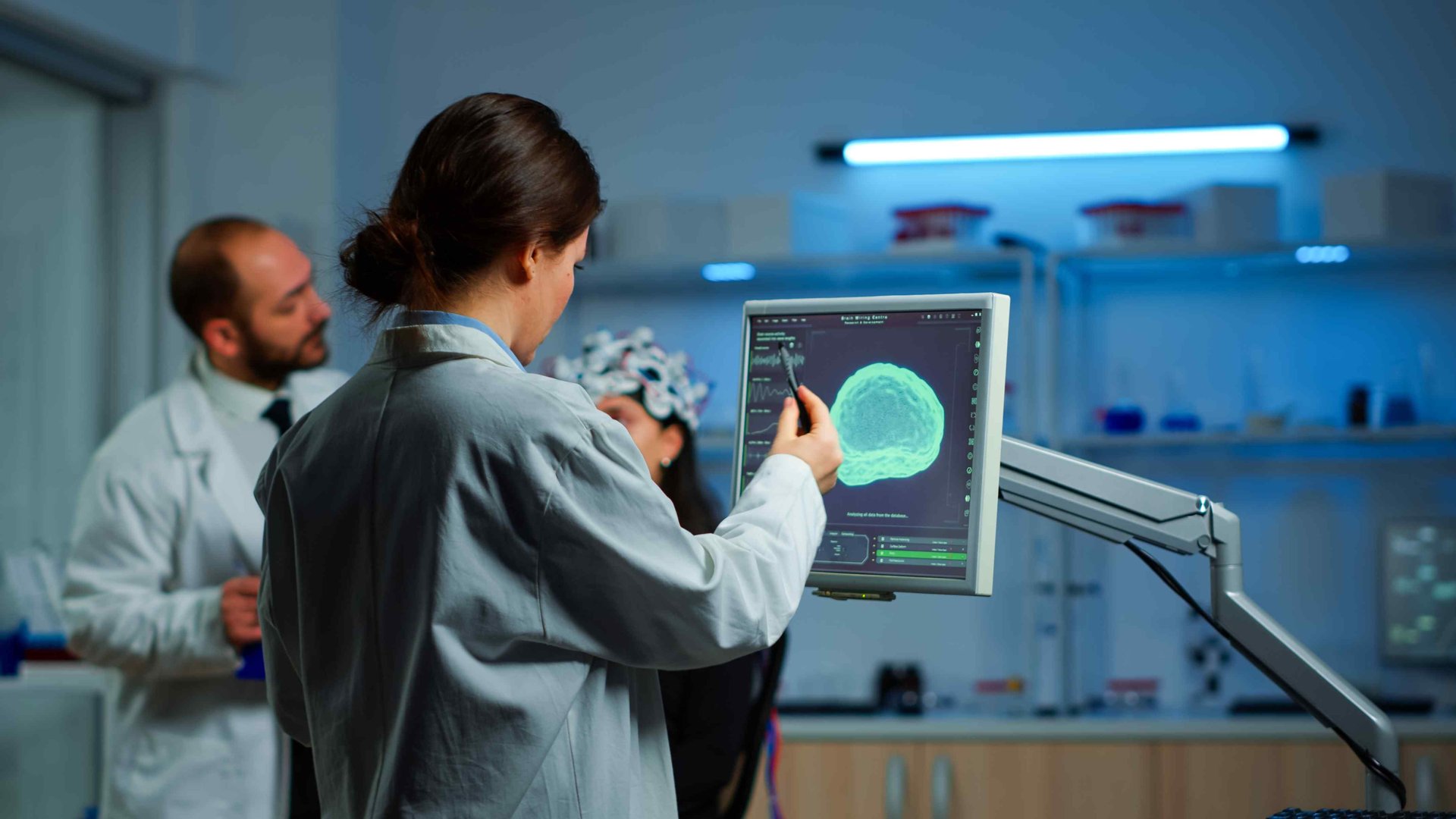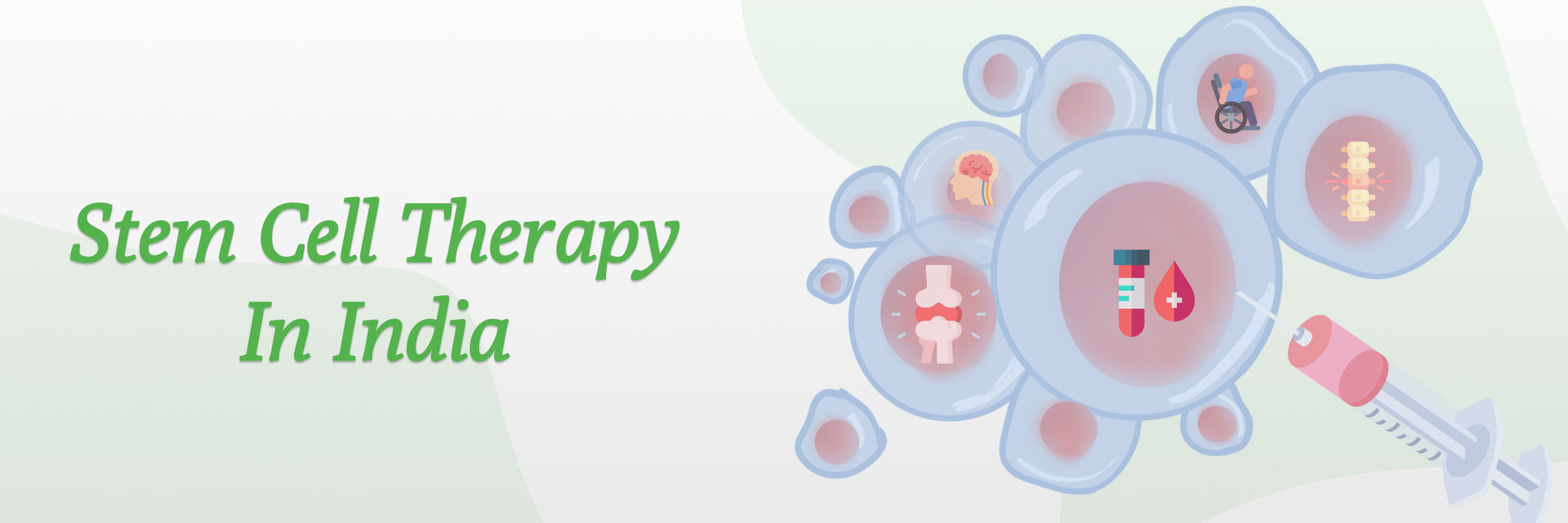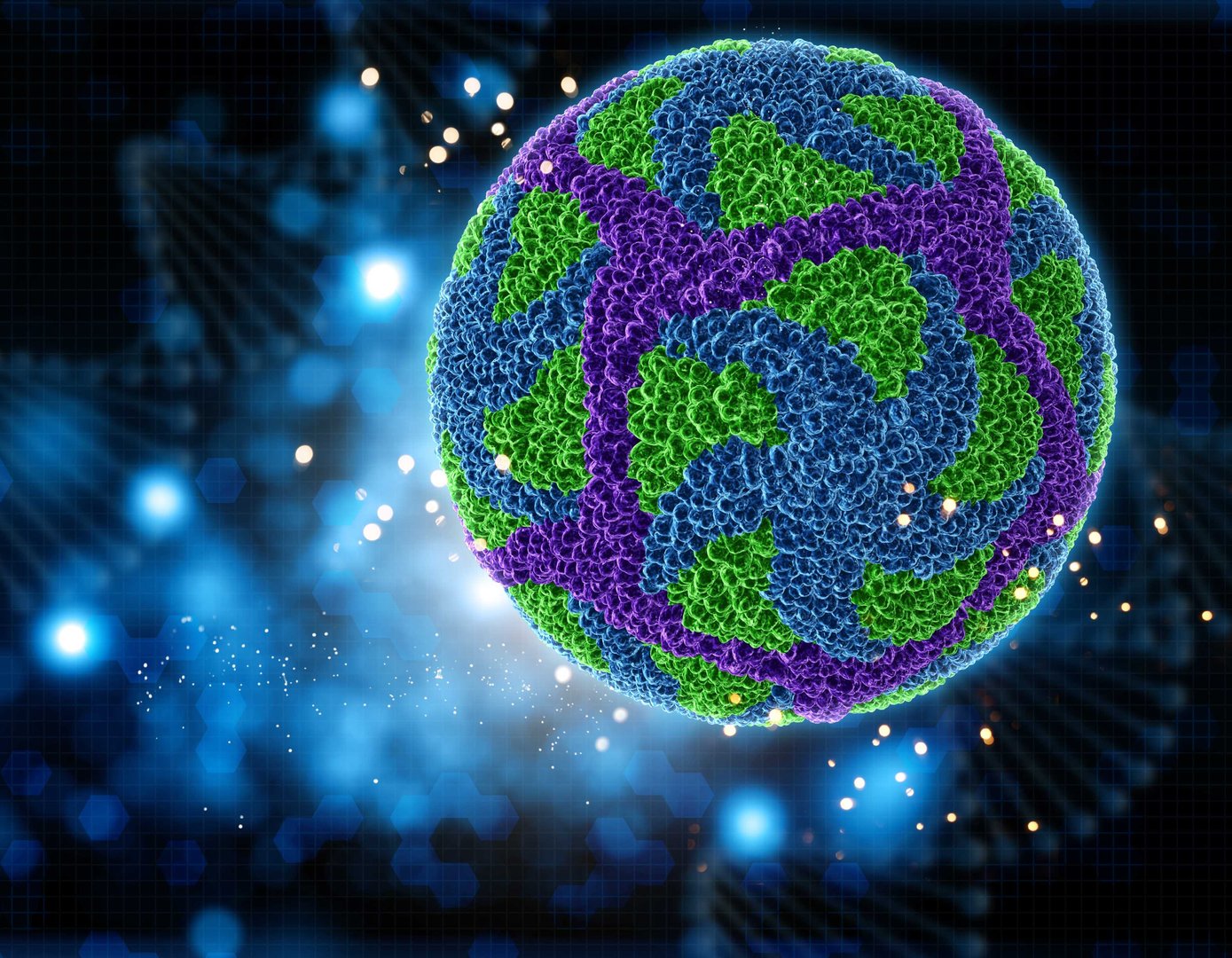Introduction
Mesenchymal stem cells, also known as MSCs, have been perhaps the most sought-after subject in Regenerative Medicine and Stem Cell Research in recent years. They are unique in their characteristics, as they can differentiate into numerous different cell types, including bone cells, cartilage cells, fat cells, and muscle cells. In the last few decades, researchers have found that mesenchymal cells not only play a crucial role in basic science but also have enormous potential for therapeutic interventions, such as stem cell therapy and the transplantation of cord blood stem cells. From therapies for blood cancers to congestive heart failure treatments, the MSCs are revolutionizing medicine, and their abilities are being experimented with t cell therapy, CAR T cell therapy, and even preclinical T cell disease treatment.
The hype surrounding mesenchymal stem cells is not limited to academic journals or cell journal publications; it is being translated to the bedside, which can revolutionize the practice of medicine. Connect with the best medical professionals to learn in-depth about mesenchymal stem cells. Their capacity to regenerate and to exert their immunomodulatory actions makes them a valuable tool for researchers and clinicians. With these assurances come their concerns within the field of stem cell storage, stem cell preservation, safety issues, costs, and ethical concerns. This blog will elaborate on mesenchymal stem cells at length, including their definition, origins, functional potential, therapeutic potential, and directions in research in the area of stem cell therapy.
Defenition & Nomenclature
Mesenchymal stem cells are multipotent stromal cells capable of differentiating into many different cell types. "Mesenchymal" is a descriptive derived from "mesenchyme," an embryonic connective tissue. They are otherwise referred to in some scientific literature as "mesenchymal stromal cells" to imply that they may not all possess true stem cell characteristics. The nomenclature becomes problematic as some websites, such as cell journal articles, refer to them as MSC stem cells, while others refer to them as mesenchymal cells.
The only thing that remains the same everywhere is that these cells can self-renew and differentiate, hence they are a source of Stem Cell Research. They have therapeutic use in stem cell therapy, cord blood stem cell transplantation, and even in new T cell therapies, where MSCs help in altering immune functions. Scientists have discussed their categorization for decades now, but the majority have the opinion that mesenchymal stem cells that are isolated from bone marrow, adipose tissue, or from umbilical cord sources have a special characteristic set which makes them useful in regenerative medicine. Being knowledgeable about the right terminology and classification is important for one who is engaged in stem cell storage, stem cell preservation, or therapeutic use.

Origins & Distribution Within The Body
Mesenchymal stem cells are not limited to one tissue; they are present throughout segments of the human body. The most widely researched sources are bone marrow, fat tissue, and umbilical cord, e.g., cord blood stem cells. MSCs derived from bone marrow were the first and most frequently used in clinical trials of blood cancer and other conditions. Adipose tissue is an easily accessible source with a reservoir of MSCs and has been used in regenerative medicine in orthopedic and cosmetic procedures. Stem cells umbilical cord, or MSCs derived from the umbilical cord, have been interesting because of their enhanced proliferative capacity and lower immunogenicity, making them ideal for allogenic stem cell therapy.
Other tissues were also studied by researchers, including dental pulp, synovial membranes, and even menstrual blood, but bone marrow and umbilical cord are the most common sources to be used clinically. The cells can be isolated, expanded in large numbers, and preserved for later use, which poses such fundamental questions as stem cell storage cost and stem cell preservation cost. Their extensive spread localization in the body and availability for harvesting from various sources are why mesenchymal stem cells form a major focus of research in experimental as well as clinical contexts.
Structural Characteristics
The mesenchymal stem cells are structurally fibroblast-like and exhibit plastic adherence under normal culture conditions. MSCs exhibit some surface antigens like CD73, CD90, and CD105 but are negative for hematopoietic antigens like CD34 and CD45, making them different from immune cells and stem cells. Such antigens play an important role in stem cell therapy as well as in studies in cell journals, where accurate identification is necessary to ensure reproducible therapeutic results. At a structural level, their engagement with the extracellular matrix and the cytoskeleton allows them to migrate to injured tissues, an invaluable element in regenerative medicine.
The element is of utmost importance in T cell therapy and CAR T cell therapy, where MSCs can give immunomodulatory assistance and enhance the efficacy of immune-based therapies. The molecular and physical properties of MSCs make them universal and consistent with autologous and allogeneic stem cell donation and transplantation.
Functional Potential
Mesenchymal stem cells possess a vast scope of functional potential. They can differentiate into many lineages, such as osteocytes, adipocytes, and chondrocytes, the basic foundation of regenerative medicine. In addition to differentiation, MSCs are also immunomodulatory, secreting growth factors and cytokines that can inhibit inflammation and modulate the immune system.
This is extremely useful in T cell therapeutic regimens and therapies for blood cancers, where MSCs can prevent graft-versus-host disease following stem transplant. MSCs also play a role in tissue repair through the induction of angiogenesis, promotion of cell survival, and reorganization of the extracellular matrix. These make them potential candidates for therapy in congestive heart failure, where restoring damaged cardiac tissue is a primary therapeutic objective. Their paracrine actions and homing to damaged areas have put them at the forefront of stem cell therapy, such as umbilical cord stem cells and MSC-derived exosomes.
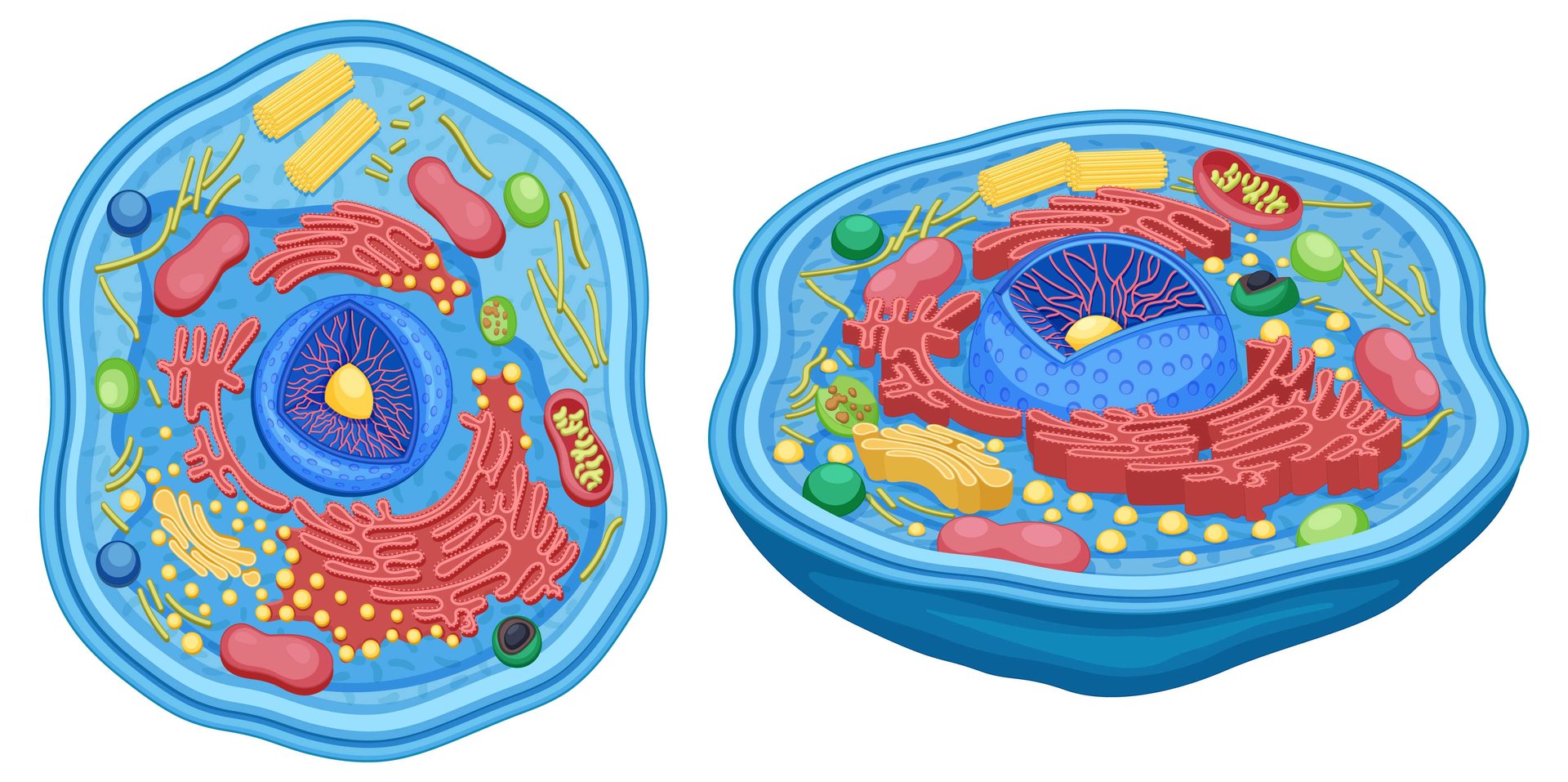
Biological Functions & Mechanism of Action
The biological functions of MSCs go far beyond mere replacement of tissue. They participate in tissue homeostasis, repair, and immunoregulation. Mechanistically, MSCs possess the ability to stimulate immune cells like T cells, B cells, and natural killer cells in order to produce an environment with greater tolerance.
This forms the basis of their application in T cell therapy and CAR T cell therapy, where MSCs can facilitate the therapeutic impact while reducing unwanted immune response. MSCs can release bioactive molecules, which are able to promote cell survival, growth, and differentiation at the site of injury in the tissue. They also regulate inflammation, a significant process in congestive heart failure, autoimmune diseases, and in the therapies for blood cancer. Their capacity to manipulate the microenvironment and deliver trophic support places MSCs not only as a therapeutic tool for cell replacement but as an intermediate for regenerative processes of extremely high complexity. Stem Cell Research continuously discloses new signaling pathways and mechanisms to facilitate the use of mesenchymal stem cells in clinical medicine.
Therapeutic Potential In Disease
There is therapeutic potential in mesenchymal stem cells for various diseases. In cardiology, MSCs are used in experimental therapy of congestive heart failure when they enhance cardiac function and inhibit scar tissue formation. In cancer therapy, MSCs are also being investigated as adjuvant therapy in patients undergoing stem cell transplant for hematological malignancies to modulate immune responses and decrease complications. Neurological disorder like stroke and spinal cord injury is another field in which MSC-based therapies hold potential, using their differentiation capacity and paracrine action. Umbilical cord and bone marrow MSCs have also been explored for liver tissue repair, kidney tissue repair, and autoimmune disease treatment.
More T cell therapy and CAR T cell therapy studies highlight how MSCs can optimize immune-based therapies, enhancing efficiency and lessening side effects. Stem cell therapy, stem cell donation, and cord blood stem cells banking are all important parts of these models of therapy. The future of medicine for congestive heart failure, blood cancer, and other degenerative diseases is increasingly linked with mesenchymal stem cell therapy.
Risks, Limitations & Safety Issues
Though their potential is huge, mesenchymal stem cells are also risky and have limitations. There is a chance of unwanted differentiation or unsuitable cell proliferation, leading to adverse effects in stem cell therapy. Immunogenic response, though infrequent with MSCs, remains a problem, especially with allogenic transplantations. The action of MSCs also depends on the source, donor profile, and conditions of culture and standardization, hence it becomes an issue in Stem Cell Research. If you are considering stem cells as a viable treatment option, then you can book a video consultation on our platform in just minutes. The best results can be achieved if treatment is taken from the best stem cell doctors in India.
Problems concerning stem cell storage, preservation of stem cells, and the expense of storing stem cells also have an impact on the reproducibility and availability of the treatment. Furthermore, safety data in the long term are minimal, and although MSCs were found to be useful in preclinical models for the treatment of congestive heart failure as well as conditioning for blood cancer, these findings are difficult to translate into conventional clinical strategies. Physicians and scientists are required to carefully balance the likely benefits against the risks in MSC-based therapy decisions. 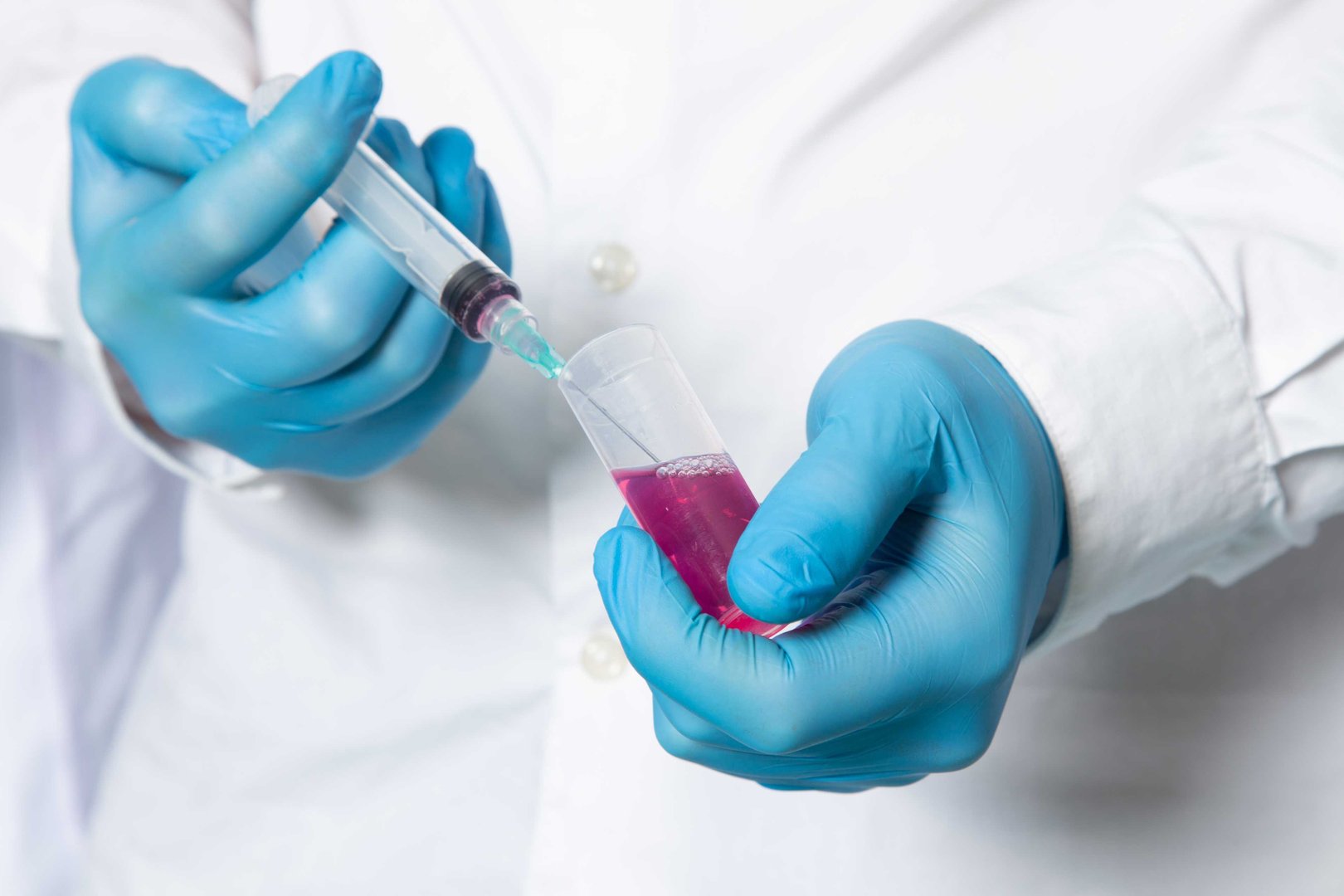
Ethical & Regulatory Framework
Ethical and regulatory issues are significant factors to consider when mesenchymal stem cells are used. Donor consent, donation of the stem cell, and use of embryonic or umbilical cord-derived cells are some issues at the center of controversy in Stem Cell Research. Regulatory agencies, like the FDA, have put in place policies to ensure therapy with stem cells, including MSC treatment, will be safe and effective. MSC treatment facilities are subject to strict procedures of stem cell storage, preservation, and injection.
Unapproved or unregulated treatment is a major health risk, which is why ethical procedures must be observed. There are also financial implications, such as the cost of stem cell preservation and the cost of stem cell storage, that pose accessibility and equity challenges in regenerative medicine. Ethical obligation and innovation must be balanced against one another in ways that further mesenchymal stem cell-based therapies in a safe and socially acceptable fashion.
Future Directions
The promise of mesenchymal stem cells is very promising but challenging. Scientists are exploring methods to improve MSC function by genetic modification, preconditioning, and co-delivery with biomaterials for targeted delivery. Developments in T cell therapy, CAR T cell therapy, and other immunomodulatory therapies will utilize MSCs in an attempt to reach improved therapeutic objectives. Off-the-shelf MSC products and stem cell preservation and storage methods will provide various treatment options at an affordable price to more patients. Stem Cell Research is also investigating MSC-derived exosomes and extracellular vesicles, which can provide cell-free therapeutic avenues.
As the biology of MSCs becomes better understood, their role will increasingly extend beyond established regenerative medicine models, holding promise for patients with diseases as varied as blood cancer, therapies for congestive heart failure, neurodegenerative disease, and immune-mediated illnesses. The journey of MSCs from basic research to clinical reality is ongoing, and the next decade promises significant breakthroughs in medicine.
Summary
Mesenchymal stem cells are truly one of the most exciting frontiers in modern medicine and Stem Cell Research. From their ability to differentiate into multiple cell types to their immunomodulatory and regenerative properties, MSCs have shown remarkable potential in treatments for congestive heart failure, blood cancer, and other degenerative diseases.
Whether derived from bone marrow, adipose tissue, or stem cells umbilical cord, these cells are proving to be invaluable tools in stem cell therapy, T cell therapy, and CAR T cell therapy. However, their use is not without challenges; issues like stem cell storage, stem cell preservation, safety concerns, ethical considerations, and high stem cell storage costs cannot be overlooked. Despite these hurdles, ongoing research continues to uncover new therapeutic avenues and innovative strategies to enhance the efficacy and accessibility of MSC-based treatments. As science advances, mesenchymal stem cells are poised to play an even bigger role in regenerative medicine, offering hope for patients worldwide and redefining what is possible in the realm of modern medicine. The journey of MSCs from laboratory discovery to clinical application highlights both the promise and complexity of stem cell therapies, making them a key focus for researchers, clinicians, and patients alike.

